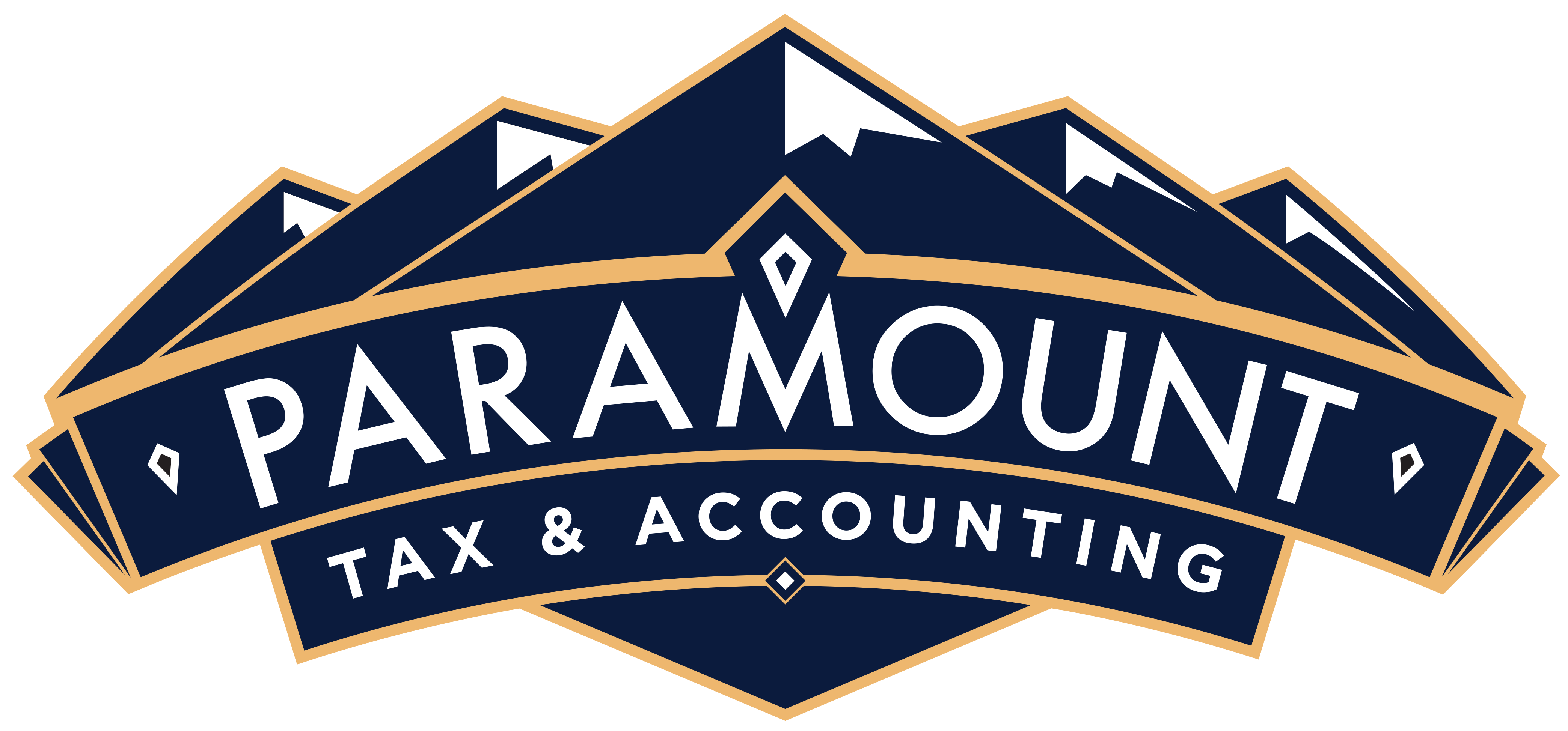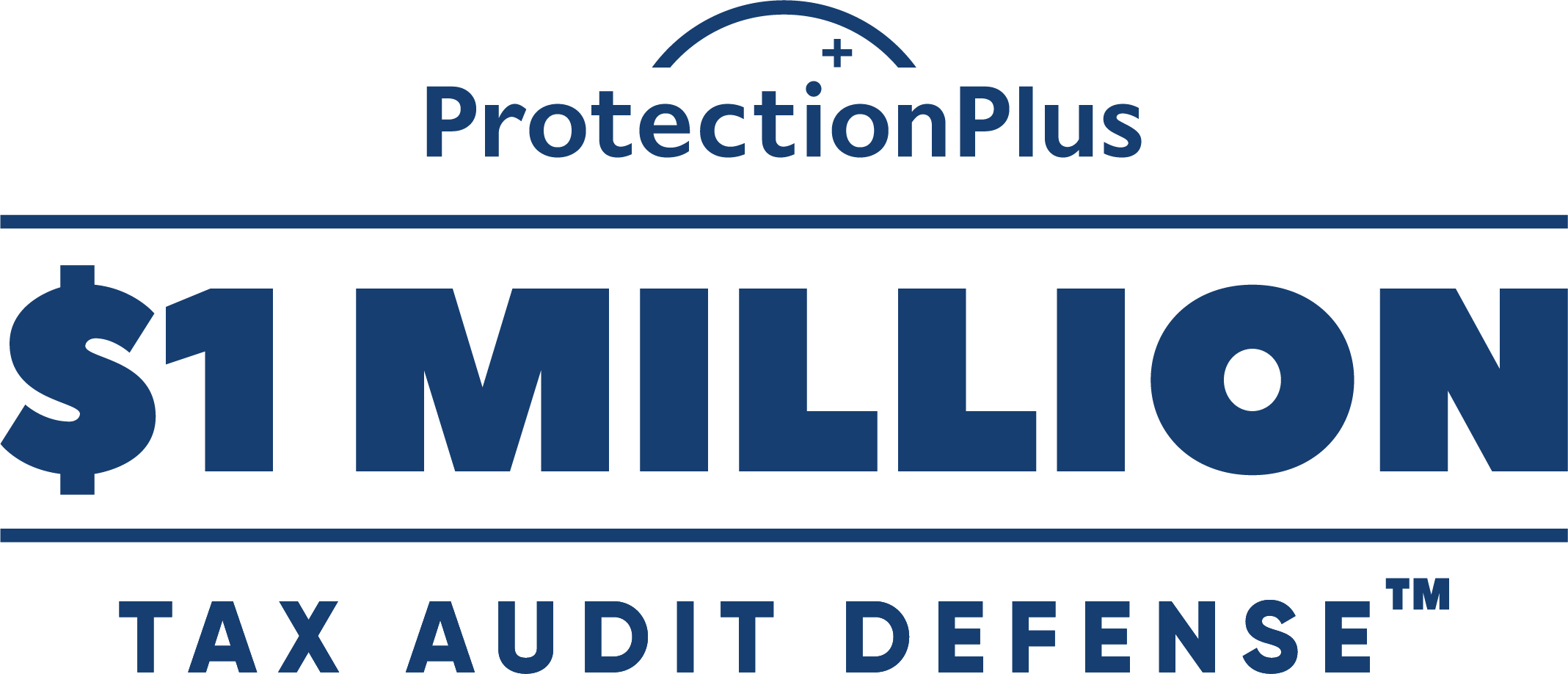Paramount Tax & Accounting Chandler Blog
Small Business: Be Alert to Identity Theft - Chandler
Small business identity theft is a big business for identity thieves. Just like individuals, businesses may have their identities stolen, and their sensitive information used to open credit card accounts or used to file fraudulent tax refunds for bogus refunds. As such, small business owners should be on guard against a growing wave of identity theft against employers. (Contact Paramount Tax & Accounting Chandler to learn more about our small business accounting services in Chandler.)
Background
In the past year, the Internal Revenue Service has noted a sharp increase in the number of fraudulent Forms 1120, 1120S and 1041 as well as Schedule K-1. These fraudulent filings apply to partnerships as well as estate and trust forms.
Security Summit partners (IRS, state tax agencies, and the private-sector tax community) have expanded efforts to protect business filers better and identify suspected identity theft returns.
Identity thieves display a sophisticated knowledge of the tax code and industry filing practices and have long made use of stolen Employer Identification Numbers (EINs), which they use to create fake Forms W-2. These fake Forms W-2 are then used to file with fraudulent individual tax returns.
Fraudsters also used EINs to open new lines of credit or obtain credit cards but until recently were only targeting individuals. Now, they are using company names and EINs to file fraudulent returns.
What to Watch out for
As with fraudulent individual returns, there are certain signs that may indicate business identity theft. Business, partnerships and estate and trust filers should be alert to potential identity theft and contact the IRS if they experience any of these issues:
- Extension to file requests are rejected because a return with the Employer Identification Number or Social Security number is already on file;
- An e-filed return is rejected because of a duplicate EIN/SSN is already on file with the IRS;
- An unexpected receipt of a tax transcript or IRS notice that doesn't correspond to anything submitted by the filer.
- Failure to receive expected and routine correspondence from the IRS because the thief has changed the address.
New Procedures to Protect Business in 2018
The IRS, state tax agency, and software providers also share certain data points from returns, including business returns, which help identify a suspicious filing. The IRS and states also are asking that business and tax practitioners provide additional information that will help verify the legitimacy of the tax return.
For 2018, these "know your customer" procedures are being put in place and include the following questions:
- The name and SSN of the company executive authorized to sign the corporate tax return. Is this person authorized to sign the return?
- Payment history. Were estimated tax payments made? If yes, when were they made, how were they made, and how much was paid?
- Parent company information. Is there a parent company? If yes, who?
- Additional information based on deductions claimed
- Filing history. Has the business filed Form(s) 940, 941 or other business-related tax forms?
Sole proprietorships. Sole proprietorships that file Schedule C and partnerships filing Schedule K-1 with Form 1040 also will be asked to provide additional information items, such as a driver's license number. Providing this information will help the IRS and states identify suspicious business-related returns.
Security. For small businesses looking for a place to start on security, the National Institute of Standards and Technology (NIST) produced the publication: Small Business Information Security: The Fundamentals. NIST is the branch of the U.S. Commerce Department that sets information security frameworks followed by federal agencies.
The United States Computer Emergency Readiness Team (US-CERT) has a special section on its website dedicated to Resources for Small and Midsize Businesses. Many secretaries of state also provide resources on business-related identity theft as well.
For more information about business-related identity theft visit the IRS website and search for Identity Protection: Prevention, Detection and Victim Assistance.
If you believe your business identity has been used for fraudulent purposes don't hesitate to call Paramount Tax & Accounting Chandler for assistance. Contact Paramount Tax & Accounting Chandler to learn more.



